Mental health treatment has come a long way in recent years, including a groundbreaking new technology that could revolutionize the way we address mental health challenges. Remote neurofeedback is a promising and innovative technique transforming the way we approach and treat mental health conditions. This medication-free treatment option uses feedback to train the brain and improve its functioning. Let’s take a closer look at how the remote capabilities of neurofeedback can change the way so many people receive and benefit from mental health care.
Increased Need for Mental Health Treatments
In recent years, there has been a significant increase in the need for mental health treatments. Various factors have contributed to this rise, including societal pressures, technological advancements, and the growing recognition and understanding of mental health issues. With constant exposure to social media and the pressure to portray a perfect life, people are experiencing heightened levels of stress, anxiety, and depression like never before. The demanding nature of modern life often leaves little time for self-care and relaxation, leading to an increase in mental health problems.
Additionally, there has been a greater emphasis on mental health awareness and destigmatization, encouraging people to seek help and treatment for their mental health concerns. This increased need for mental health treatments highlights the importance of accessible and effective mental health services that support people in overcoming their challenges and improving their well-being.
The Role of Brainwaves in Mental Health
Brainwaves play a key role in mental health as they are the electrical activity that occurs within the brain. Different types of brainwaves, such as alpha, beta, delta, gamma, and theta, are associated with different mental states and functions. For example, alpha waves are typically present during relaxed and meditative states, while beta waves are associated with active thinking and problem-solving.
Imbalances or abnormalities in brainwave patterns can indicate various mental health conditions. For instance, increased delta waves during wakefulness may be linked to conditions like depression, anxiety, or insomnia. Conversely, excessive beta wave activity may be associated with stress, attention deficit hyperactivity disorder (ADHD), or obsessive-compulsive disorder (OCD).
What is Neurofeedback?
Neurofeedback therapy is a technique used in neuroscience and psychology that involves monitoring and training brain activity to improve cognitive functioning and mental well-being. It is a non-invasive procedure that typically involves placing sensors on the scalp to measure brainwave activity, which is then displayed on a screen for the subject to observe. Through this process, people can gain awareness and control over their brainwave patterns to learn how to self-regulate their brain activity. Neurofeedback has been used to address a wide range of conditions, including anxiety, depression, ADHD, and sleep disorders.
Advantages of Remote Neurofeedback Therapy
The development of at-home neurofeedback has resulted in a number of incredible advantages that traditional in-person treatment cannot provide. Let’s get a better understanding of some of those key benefits.
Accessibility and Convenience
Standard neurofeedback therapy sessions often require patients to travel to a specific location, which can be time-consuming and burdensome, especially for those with mobility issues or limited transportation options. However, with remote neurofeedback therapy, people can receive treatment from the comfort of their own homes. This eliminates the need for travel and allows patients to conveniently fit therapy sessions into their busy schedules.
Overcoming Barriers to Access
An at-home treatment option is an incredible way to help people who may feel hesitant or stigmatized receive the mental health support they need without fear of judgement. Some may be overcome with a sense of stress or anxiety at the mere thought of face-to-face therapy. But remote treatment eliminates this barrier. Remote therapy can provide a stronger environment of anonymity and privacy, which can make people feel more comfortable and open to discussing their mental health concerns.
Impact on Rural and Underserved Communities
Another significant advantage of remote neurofeedback therapy is its impact on rural and underserved communities. In many rural areas, there is often a scarcity of mental health providers, making it difficult for people to access the necessary care. Remote therapy bridges this gap by connecting individuals with qualified professionals regardless of their location. By eliminating the need to travel, those living in rural or underserved communities can receive the treatment they need without the additional burden of transportation costs and time constraints.
Train Your Brain at Home with Braincode Centers
At-home neurofeedback is undoubtedly revolutionizing the field of mental health treatment. The ability to receive this innovative therapy from the comfort of your own home has opened up a world of possibilities for individuals seeking effective and convenient solutions for their mental health concerns.
Braincode Centers has a team of experienced specialists dedicated to providing personalized, remote treatment plans tailored to your specific needs and goals. With their guidance and support, you can embark on a journey towards improved mental well-being and a better quality of life.
Reach out to us today to learn more about our remote therapy options.




